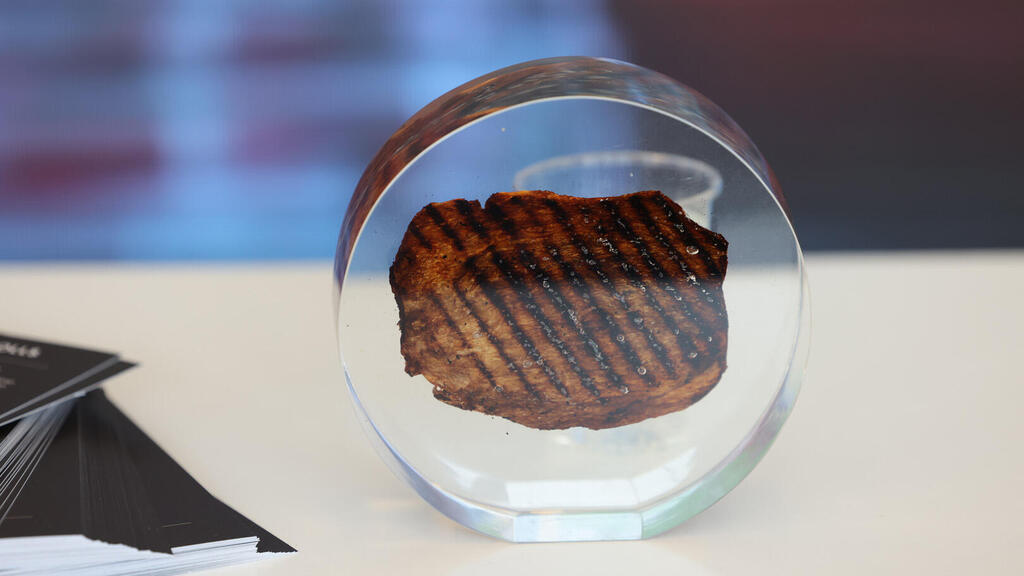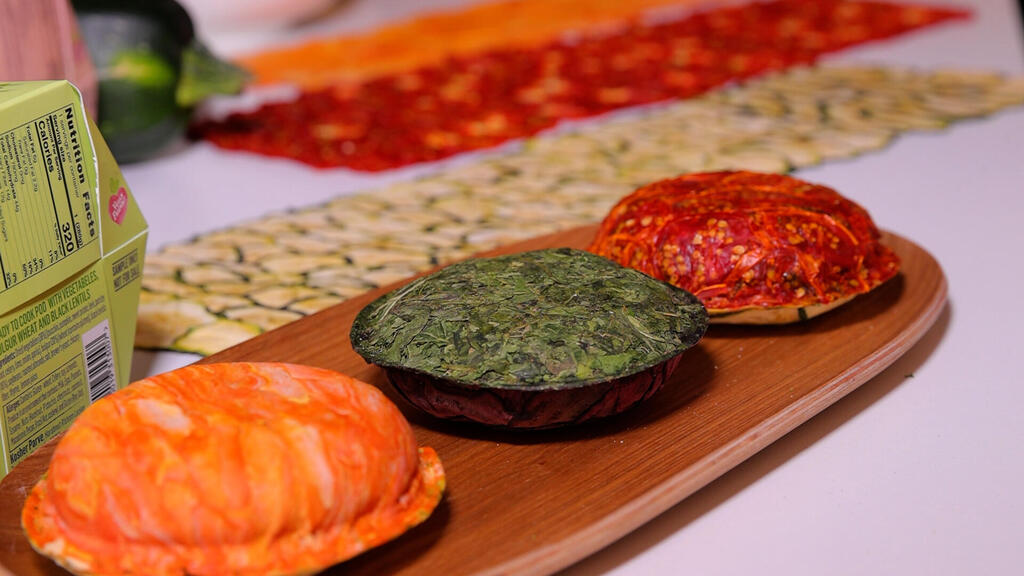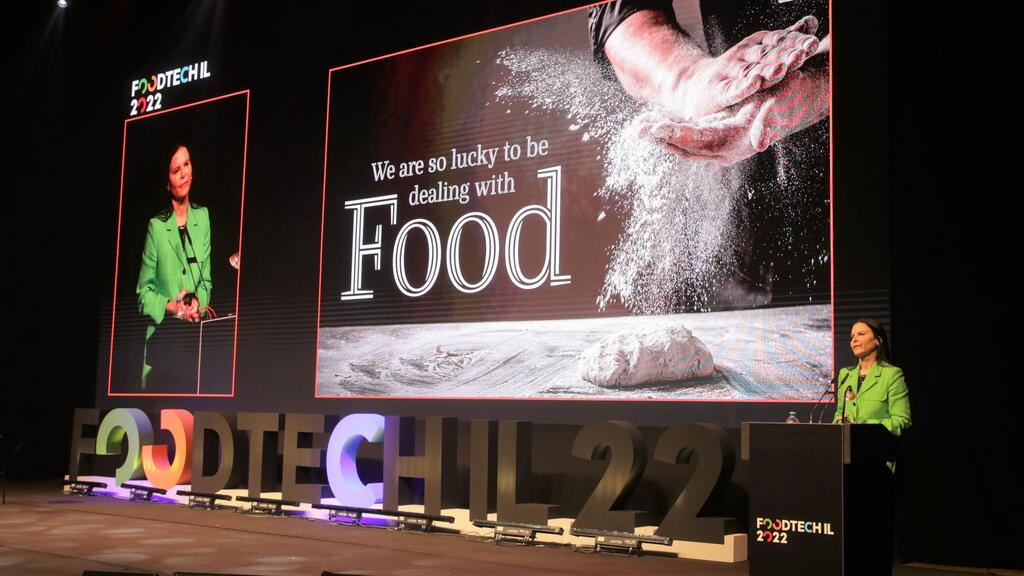The world's population is growing, natural resources are dwindling, and the effects of the climate crisis are becoming more and more apparent.
To tackle this problem, over 67 Israeli startups gathered last week at the Hall of Culture of Tel Aviv for the Foodtech IL conference, and presented their solutions on how to optimize the future of food.
"If we think about how we are going to feed the world's population in 2050, we need to think about ways to grow food in much more sustainable ways," said Dorit Rozner, Dorit Rozner, CTO at The Kitchen Food Tech Hub by Strauss Group.
"Strauss's new strategy has a central pillar called sustainability. We know we need to reduce emissions to ensure food security, nutrition security to reduce sugar, and take care of our planet," Shay Bialik Director of Global Sustainability and Ethics at Strauss Group added.
But what food tech has to do with it?
"Foodtech is actually a comprehensive name for companies that engage in innovation in the field of food technologies. This field has grown a lot in Israel in the past decade, and even has been able to remain a few steps ahead compared to the rest of the world," said Prof Avi Shpigelman from the Faculty of Biotechnology and Food Engineering in Technion.
According to Shpigelman, food tech is divided into developing three types of solutions to make food more sustainable: plant-based protein, cultured meat, and fermentation.
Many companies look for alternative protein sources, not least due to the negative environmental impact of sourcing and producing animal-based protein.
One of the Strauss Group startups uses food leftovers. "We use bad vegetables and turn them into a whole meal. All you have to do is put it in a bowl, add a glass of water, put it in the microwave, and you get a healthy and delicious meal," Anat Natan CEO & Co-founder at ANINA Culinary Art, explained.
In Yeap, they take yeast - a remnant of industrial processes – and turn it into a usable protein. "We use yeast that otherwise would have been thrown away or turned into animal food," Yonatan Goshan, CEO and founding partner of the startup, said. "Our protein can be used in a wide range of products: Dairy, various sauces, mayonnaise, salads, and other things."
At Privera, which also operates under the auspices of the Kitchen Food Tech Hub, they developed methods to extend the shelf life of products and fight food waste. "We develop a protein that will protect our food, allowing us to remove other bad preservations substances and extend shelf life in the process," Gal Shamri, CEO and co-founder of the company, said.
"It's actually a development that started in the Hebrew University by Prof. Zvi Hayouka, who found a way to locate essential amino acids and turn them into a great anti-bacterial means, but one that is also healthy for humans."




